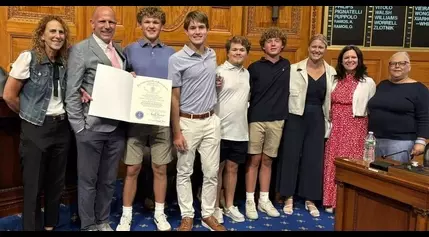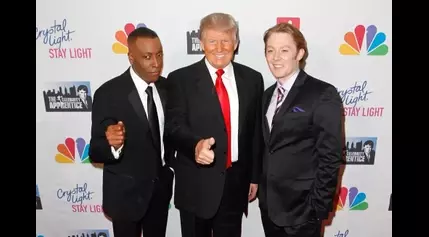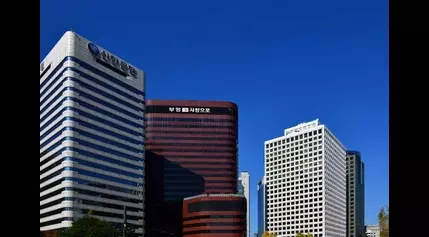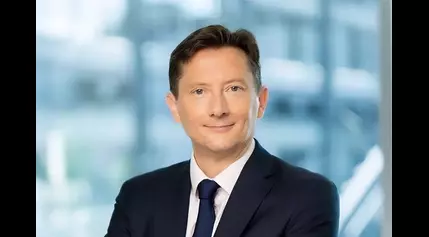Who Owns the Premier League's 20 Clubs? A Deep Dive into Gulf State Investments
Welcome to the fourth part of our comprehensive series exploring the ownership of the Premier League's 20 clubs. Today, we turn our attention to the investors from Gulf states, delving into why they chose to invest in English football and considering who else might follow suit. Let's embark on this fascinating journey together.
Unraveling the Gulf's Impact on Premier League Ownership
Manchester City: A Case Study in Gulf State Influence
Khaldoon al Mubarak, the long-serving chairman of Manchester City, often keeps a low profile in the public eye. However, in 2009, a year after the club came under the ownership of Abu Dhabi, he opened up in an extensive interview with The Guardian. This provided valuable insights into the long-term plans and ambitions of the club, which had gone 41 years without an English men's league title at that time.Such projections, as Khaldoon emphasized, were an unintended consequence of the takeover that transformed English football. It showcases the ongoing commitment of Abu Dhabi to the club over the past 16 decorated years. Owning Manchester City brings numerous benefits to Abu Dhabi, even if the owner has only attended two games in 14 years. The numerous trophies won since Sheikh Mansour bin Zayed Al Nahyan's £200million buy-out have given City supporters unforgettable memories and built a self-sustainable asset that stands among the elite.City, as Khaldoon recognized early on, had to become more than just a football club. A club based 3,500 miles away could help place Abu Dhabi on the map, enhancing its international relevance and appeal. And it has undoubtedly achieved this.The foundation of City Football Group (CFG) in 2013 further extends the club's influence beyond the UK. Manchester City is now one of 12 clubs in an operation with bases in India, Australia, Japan, China, and Brazil. Half of these clubs have "City" attached to their names, with the Major League Soccer team New York City being a notable example.Saudi Arabia's Entry into the Premier League
Thirteen years after Manchester City was bought by Sheikh Mansour, Saudi Arabia's Public Investment Fund (PIF) successfully overcame obstacles to join their geographical neighbors in the Premier League. The £300million takeover of Newcastle United in 2021 added a representative from a second Gulf state to English football's top division.Saudi's plans for football extend far beyond Newcastle, with ambitions to host the 2034 World Cup and build a domestic league that attracts star players. Owning a Premier League club has the potential to be a sound long-term financial investment, as Manchester City's success clearly demonstrates.If we look back to 2008, most people in the UK had little knowledge of Abu Dhabi. But now, their association with Manchester City has significantly changed that perception.The success of City has also led to a cognitive behavioral process called image transfer. Just as people associate coolness with Harry Styles, they now associate success with Abu Dhabi through Manchester City. Abu Dhabi has a rich portfolio of prestigious institutions and brands, and Manchester City fits seamlessly into this context.City's commercial income streams are backed by numerous companies with links to Abu Dhabi, and their treble-winning season saw a turnover of £713million. According to the latest Deloitte Football Money League, only Real Madrid generated more.Forbes valued City as a £4.04billion asset last year, highlighting the significant investment by Sheikh Mansour. However, quantifying other benefits is more challenging.Amanda Staveley played a crucial role in both the Abu Dhabi and Saudi Arabian investments in the Premier League. The 2008 sale of Manchester City to Sheikh Mansour was brokered by her, and 13 years later, she was part of the consortium that brought Saudi Arabia's PIF to Newcastle United.The two deals were very different. While the Premier League was initially comfortable with Abu Dhabi's ownership of City, it was more cautious about Saudi Arabia's entry. Only after certain legal assurances were given did the Premier League approve PIF's 80 per cent stake in Newcastle.English football has responded differently to the arrivals of Abu Dhabi and Saudi Arabia. The first was seen as an unknown, while the second raised concerns for some. The intervening years saw heightened misgivings over Gulf state involvement in football, especially in the lead-up to the 2022 World Cup in Qatar.Saudi Arabia has its own challenges, including a poor human rights record and the murder of journalist Jamal Khashoggi. Amnesty International and other organizations have opposed PIF's takeover of Newcastle.However, Saudi is now firmly in the Premier League and shows no signs of leaving. They are hosting the 2034 World Cup and attracting star players like Cristiano Ronaldo and Karim Benzema.Newcastle, in the northeast of England, may not be a central part of Saudi's domestic plans, but it is a sound investment with the potential for growth.If Saudi's entry into the Premier League points to a pattern similar to Abu Dhabi's with Manchester City, the door is open for further Gulf state investments. Qatar was offered the chance to buy Manchester United last year, and there have been long-standing rumors of Dubai investors being linked with Liverpool.The bigger question remains whether the Premier League should have allowed state ownership. There are concerns about the potential for foreign policy to influence football clubs and the risk of these clubs becoming tools for political power rather than community and social institutions.Whatever the future holds, one thing is clear: money from the Gulf has forever changed the Premier League.




















